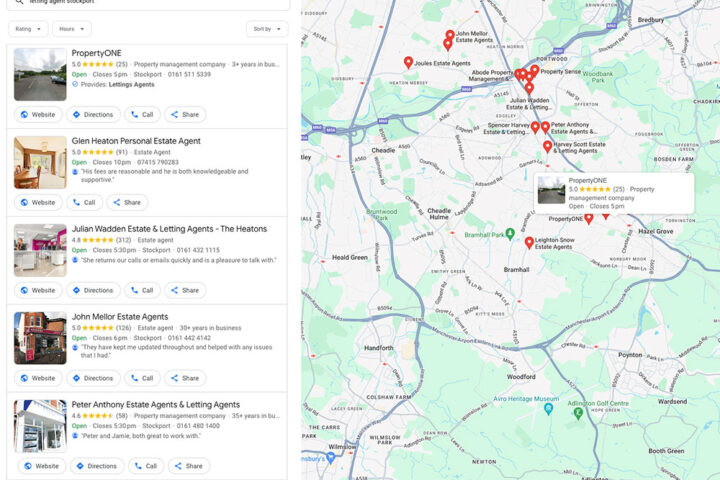The Search Engine Results Pages or SERPs can have a big influence on whether a potential visitor clicks a link and actually lands on your website. They are the last part in the long chain of search engine optimisation and careful optimisation can make a real difference.
Most people know that Google makes regular changes to its search algorithm, or the way in which it catalogues and decides which results are shown higher up the page, but it has also made several changes to the way that those results are actually displayed. Here are some recommendations to make the most of your SERPs.
Make sure your site is running under HTTPS
In the middle of 2018, the Chrome browser started to warn users that any non-https website was not secure. This choice of words is important as anyone using Chrome would likely be put off of clicking the link to your non-https website. Other browsers have, or will shortly follow suite, so make sure your website is https enabled.
Put mobile first
Google now takes into account the speed at which the mobile version of your website loads, reflecting the increased importance of mobile browsing. And if your website doesn't load fast enough your search listing will be penalised and so place you further down the search results pages. The mesaage here is clear: the faster the page load speed, the better the performance in SERPs.
Add video content to your pages
The SERPs pages now often feature a carousel of relevant video content, which appears higher up the page than standard search results. If you have video content, it is a good idea to ensure that it is embedded within a relevant page on your website and is properly optimised to include an appropriate tag and relevant text describing the video.
Check your page titles and descriptions
Google has also recently updated the character limit on the page title and page description text. If you have previously followed best practice and limited titles and descriptions, it is worth reviewing these to make sure that thety are still relevant or whether a small re-write may improve your SERPs performance.
Optimise your information for knowledge panels
Google has introduced 'knowledge panels' that utilise the information within Google Maps and Google My Business pages to display relevant information. For someone searching for your business, a knowledge panel may be displayed within the SERPs that includes information such as images, facts, opening times, social media links and related searches. As you cannot control this information directly, it is essential to make sure that your business is correctly listed on Maps and Google My Business to ensure any details displayed are accurate.





